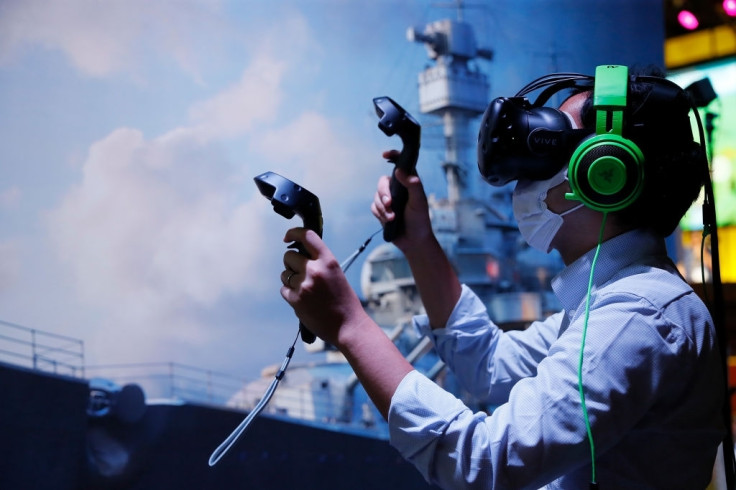Wireless headset detects brain disorders such as dementia
The headset has been developed by BrainWaveBank, a Northern Ireland-based startup.

BrainWaveBank, a Northern Ireland-based startup, has developed a wireless headset that could detect early signs of diseases affecting the brain such as dementia.
The headset measures the electrical activity of the brain and figures out patterns that could serve as early indicators of cognitive health conditions, the Telegraph reports. The patient has to wear the headset for at least 15 to 20 minutes a day while playing a series of games designed to test memory, reactions and other neural functions on a smartphone or tablet.
The device connects via Bluetooth and captures electroencephalographic brain data to record the electrical activity of the brain. This data is then analysed with advanced analytics and machine learning methods to spot signs of cognitive decline and patterns that indicate signs of dementia or other problems.
The device is currently being tested on 90 patients and is likely to roll out to the public in the next three years.
BrainWaveBank is working in conjunction with First Derivatives, a leading big data company providing technology for spotting trading patterns.
Dementia has affected millions of people around the globe, and there is a critical need for early detection technologies for the mental disorder. The number of people suffering from dementia is expected to see a threefold increase to 130 million by 2050.
If tested successfully, the wireless device from the young startup could offer an easy-to-use, reliable, and non-clinical method to screen early signs of the disorder in a matter of a few years.
This is not the only tech that has been developed to screen early signs of brain-related diseases. Last month, a group of researchers developed an artificial intelligence-based system to detect Alzheimer's almost a decade before the symptoms of the disease show up.





















